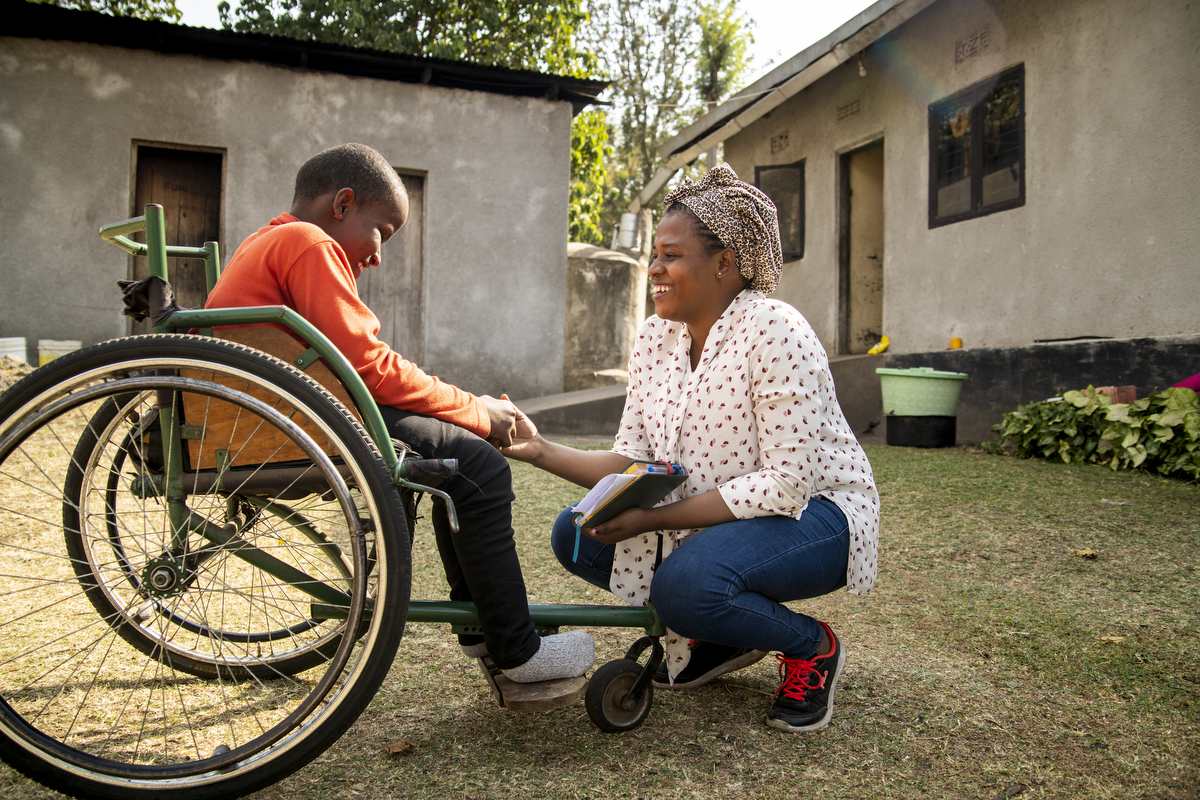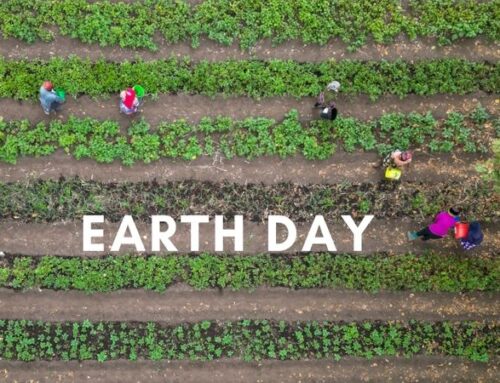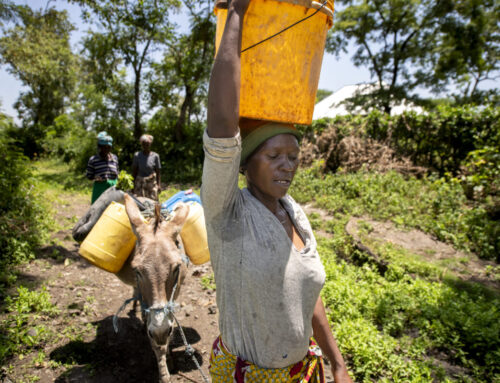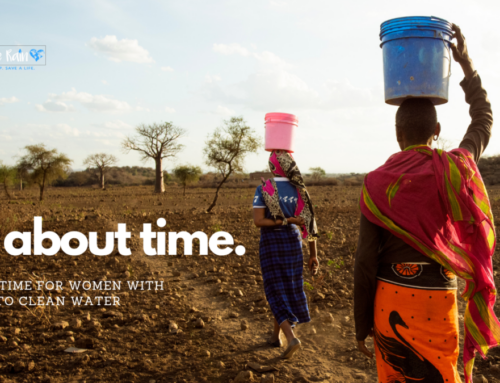Today, we join Cleo as she does her rounds. She’s a trained nurse and Save the Rain’s new health and evaluation manager. Cleo is working on a child and maternal health study, interviewing more than 1,160 women.
You might ask why a clean water charity would need someone like Cleo. But if you know Save the Rain, you already know that water is merely the vehicle in which we manifest our deep commitment to the people whose lives it changes.
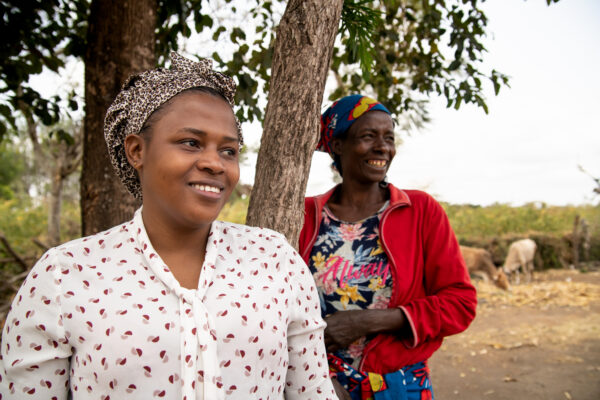
Measuring and understanding that change is vital. Learning how we might make a more profound impact –– better, further and sustainably–– that’s the best part. Conducting extensive monitoring and evaluation has always been part of what we do. The data helps guide our decisions.
But we’re an organic, emergent organization. Through constant communication with the people we serve, we understand where best we can be of service. Beyond the numbers and data, these conversations and relationships help determine our direction.
Like water, we always find a way.
This is how we’ve come to be in the village of Nkoansiyo, visiting the families of three children living with disabilities. Faraja, Anna and Debora were all born with spina bifida. It was through Faraja’s father – Goodluck by name and by nature – that we came to know them back in 2015.
Disabilities are stigmatized in Tanzania. Because of the shame, mothers of children with disabilities are often isolated, even abandoned by their husbands. Some carry a burden of guilt, believing they did something wrong that compromised their baby – or that their child is a punishment for some past sin.
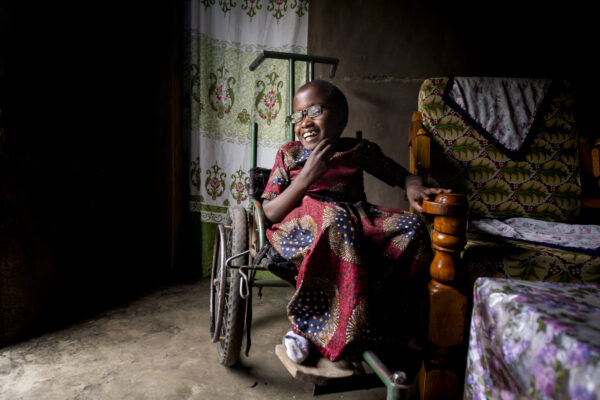
Hidden Away
Consequently, these girls were hidden away, until Goodluck brought Faraja into the light. Anna and Debora followed. Working with them is one of Cleo’s most important roles – and the one she loves best. She believes in their ability and wants to see them overcome the obstacles society has placed in the path of their dreams.
Today, though, she’s here to talk to their mothers.
She designed a questionnaire whose answers will paint a picture of the women we work with: their understanding of their bodies, pregnancy, and maternity. It’s a deliberately broad take on health. Cleo is clear that her definition includes the emotional and social elements as well as the physical.
Some questions pertain to the facts: when did you have your first period? Others venture into territory that would usually be taboo, but Cleo navigates with such kindness and gentle sure-footedness that the women unhesitatingly go there with her. It’s remarkable to watch what unfolds in the space she holds.
For many of them, it’s the first time someone has asked these things. It can be emotional to finally feel seen in this way. Tears flow as they revisit the tender newness of birth and the loneliness of those early years. She says I don’t want to hurt you by asking you these things. But their pain is intertwined with hope. These are tears of relief – of catharsis.
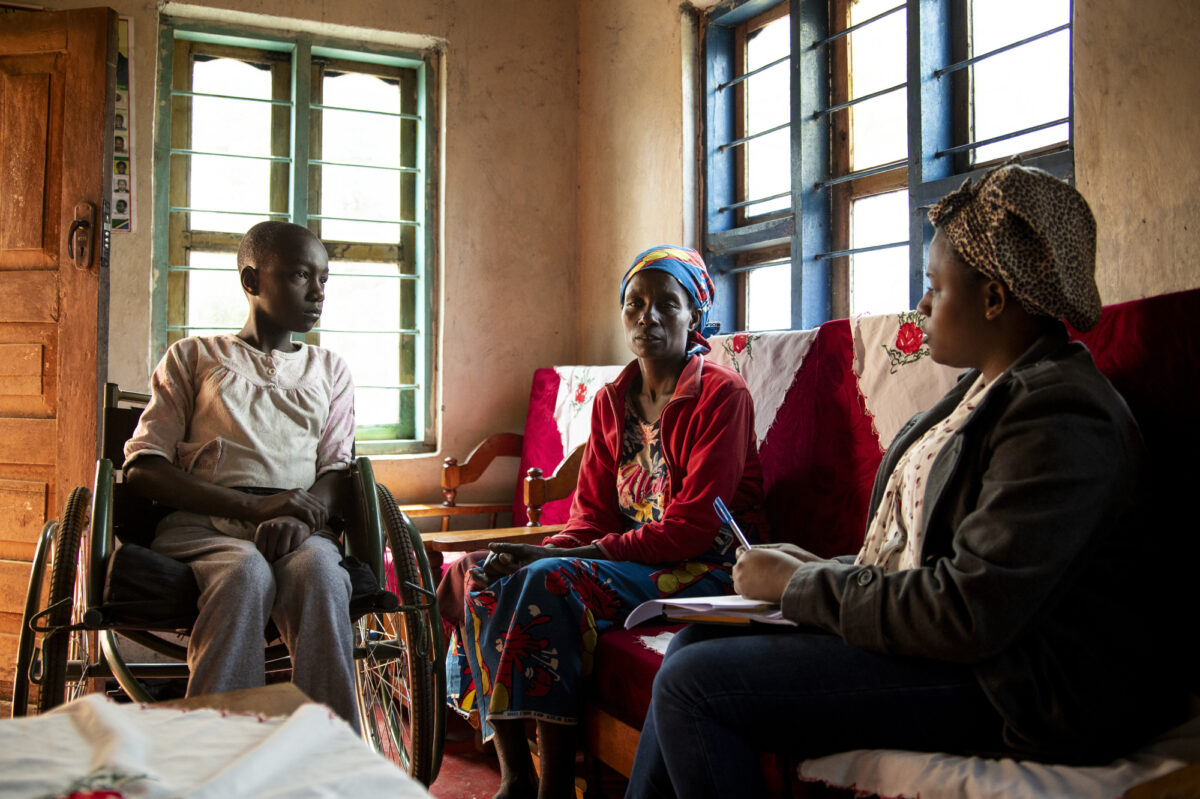
Beyond statistics and data
Earlier this year, we asked our women about sexual violence, and the effects were similarly profound. Beyond the statistics and data, we encountered immeasurable courage, connection, and a constellation of victors.
Cleo chose to become a nurse to be of service, to bring people back to health and wholeness, and to provide care and comfort on the way. Having her on the team allows us to inhabit our community investment. It enables us to step into a new level of care and dedication that feels right.
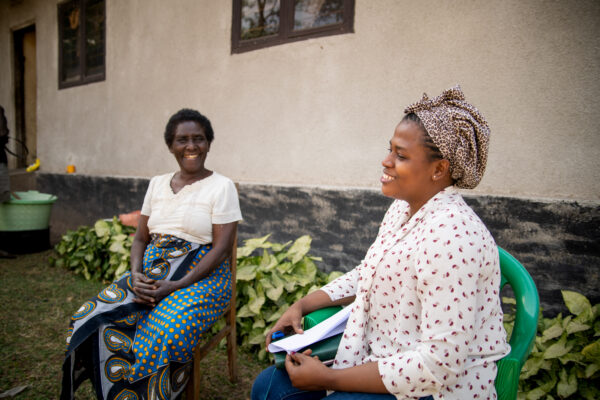
Water is vital to health. If we can bring water to those who need it, it seems natural that we should play a part in bringing about well-being, too.
We look forward to doing so much more with Cleo on board.
~~~
You can support Cleo and our team’s work for communities in Tanzania. Donate Today
100% of public donations directly fund our projects
